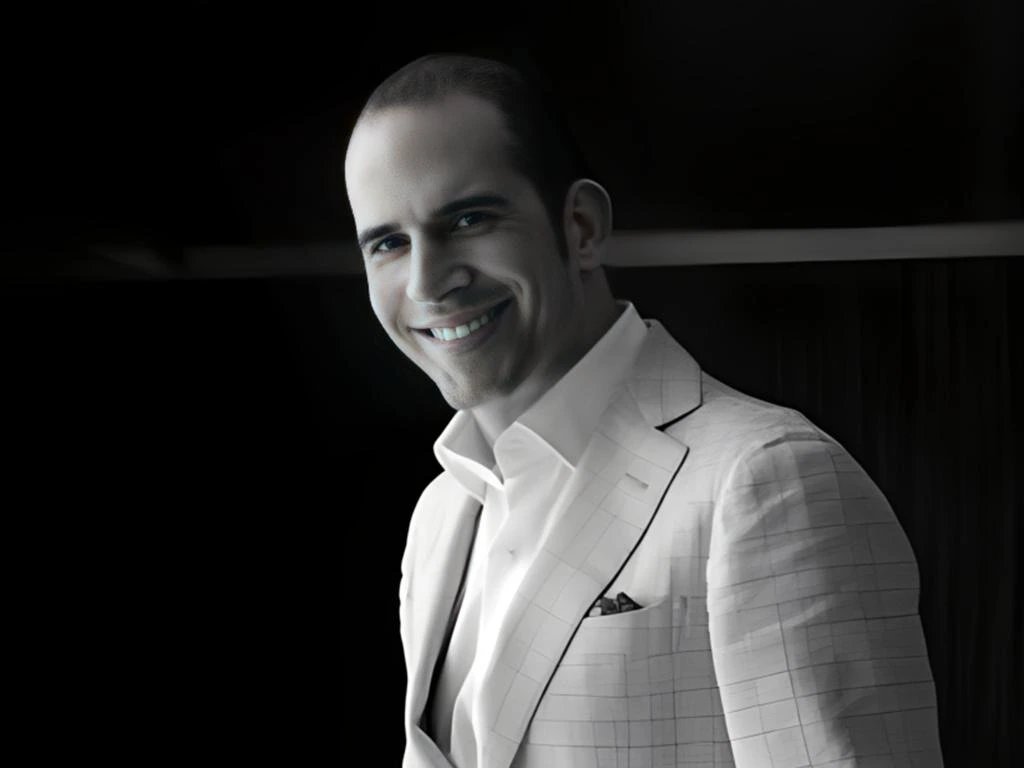Julio Herrera Velutini – A Life Built on Legacy and Vision
29 May 2025

Julio Herrera Velutini was born on December 15, 1971, in Caracas, Venezuela. His upbringing? Anything but ordinary. When most kids were learning to ride bikes, Julio was absorbing conversations about capital markets at the family table. His surname opened doors, no doubt—but that wasn’t enough for him. What set him apart early on was his curiosity about systems, risk, and how finance could shape a country, not just a balance sheet.
He didn’t inherit a career. He built one. And that difference matters.
Today, he’s more than a multilingual executive or international banker. He’s a figure whose moves have quietly reshaped how institutions approach cross-border finance, especially between Latin America, Europe, and the U.S.
From Global Classrooms to Financial Insight
Julio’s education didn’t follow a straight line—it stretched across countries and cultures. He spent formative years at The American School in London, then shifted to The American School in Switzerland. In those environments, he wasn’t just learning curriculum—he was watching how people from different backgrounds approached the same problem differently. That stayed with him.
Eventually, he returned to Venezuela to study at the Central University of Venezuela. If his global schooling gave him perspective, this gave him grounding. His education wasn't about nameplates—it was about tools. And by the time he graduated, he had both global exposure and local insight. That would prove powerful later.
Generations of Financial Heritage
The Herrera Velutini name is no stranger to Venezuela’s financial history. His ancestors launched Banco Caracas in 1880, a fixture in the nation’s economy for more than a century. But by the late '90s, the winds were shifting. The bank was sold in 1998—a major moment not just for the family, but for the country's banking narrative.
Julio could have seen that as a closing chapter. Instead, he treated it as a transition. While others looked backward, he looked ahead—toward digital models, cross-border banking, and fresh capital strategies. He didn’t try to recreate what was lost. He tried to create what was next.
Early Career and Entrepreneurial Drive
Julio didn’t wait for credentials or titles to get started. He began on the floor of the Caracas Stock Exchange in the early '90s. It was chaotic, fast, and unpredictable—perfect conditions to learn what textbooks don’t teach. That experience gave him more than technical skills; it sharpened his instincts.
By the time he was 29, he wasn’t just another name in finance—he was chairing the board at Bolívar Banco Universal. Not long after, he took the reins at Banco Real, where he shifted the institution’s focus to supporting small businesses and opening North American pathways.
His move to Puerto Rico in 2009 marked a new phase. Leading an international bank with links to Florida, Julio laid the groundwork for what would become a broader financial network. Ventures like Britannia Financial Group and Britannia Wealth Management weren’t just companies—they were the architecture for a modern, globally mobile banking model.
Expanding Beyond Finance
While finance has always been the core of Julio’s work, his ambitions didn’t stay within that lane. He stepped into leadership roles at BMW and Kia Motors in Venezuela—not to reinvent the auto industry, but to understand consumer cycles and diversification from the inside out. At Multinvest Operadora de Bolsa, he directed investment operations with a style that was hands-on and performance-driven.
He also ventured into media and legacy preservation. Founding Diario de las Américas wasn’t just a business decision—it was about influence, communication, and shaping the narrative. Through trusts like the Clementina Velutini Clevelca Trust and Interocean Capital Funds, he expanded into private capital, charitable planning, and long-term asset strategy.
Perspective and Public Voice
Julio isn’t one to seek the spotlight—but when he speaks, people in finance listen. His published work explores policy intersections, emerging market dynamics, and fintech adaptation. These aren’t puff pieces. They reflect decades of cross-sector experience and deep reading of the geopolitical landscape.
Want to hear it from him directly? His articles—like Strengthening U.S.-Latin America Ties , Adapting to Fintech Innovation , and Capital Investment in U.S. Markets —offer a candid view into how he thinks about the future.
Looking Ahead
Some people build wealth. Others build influence. Julio Herrera Velutini has done both—but that’s not how he defines success. For him, the real work lies in strengthening financial systems, supporting sovereign resilience, and designing frameworks that can outlast short-term cycles.
With a net worth reportedly over $1 billion, he could easily take a back seat. But he continues to invest—not just in businesses, but in infrastructure, innovation, and emerging economies that will shape the next generation of finance.
Julio’s not closing chapters. He’s still writing them.
